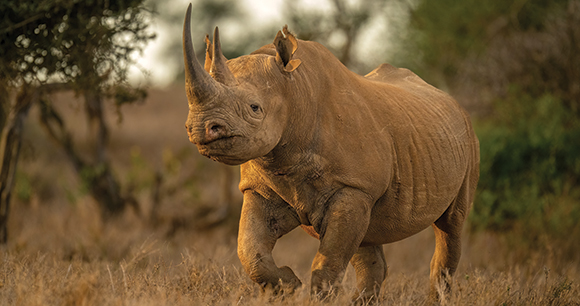The Standing Committee of the Convention on International Trade in Endangered Species of Wild Fauna and Flora (CITES) met in early February in preparation for the 20th meeting of the Conference of the Parties to CITES (CoP20) later this year.

Unfortunately, the United States, a committee member, was under a partial gag order from the Trump administration, preventing it from taking a position on several agenda items and diminishing its historic pro-conservation role within CITES. The administration has also suspended funding for international conservation projects and anti-trafficking programs administered by various US agencies, including the US Agency for International Development (USAID) and the State Department’s Bureau of International Narcotics and Law Enforcement Affairs (INL). Nevertheless, the committee made progress on several issues involving elephants, sharks, great apes, rhinoceroses, and other species, as well as on implementation issues regarding trade in captive-bred animals and other matters.
Compliance issues involving a dozen countries were also discussed. Disappointingly, the committee chose not to recommend a trade suspension against Mexico for its ongoing failure to stop the illegal trade in totoaba swim bladders. Instead, it directed Mexico to continue to report on implementation of its totoaba Compliance Action Plan at future CITES meetings. The committee did, however, soundly reject Mexico and Canada’s proposal to introduce consideration of the negative economic impact of trade suspensions on third parties, including traders—an attempt to make trade suspensions in cases of persistent noncompliance even less likely.
AWI is now preparing for CoP20 where its delegation, working with allied organizations and governments, will support the integrity of CITES and the listing of several imperiled species to protect them from detrimental international trade.